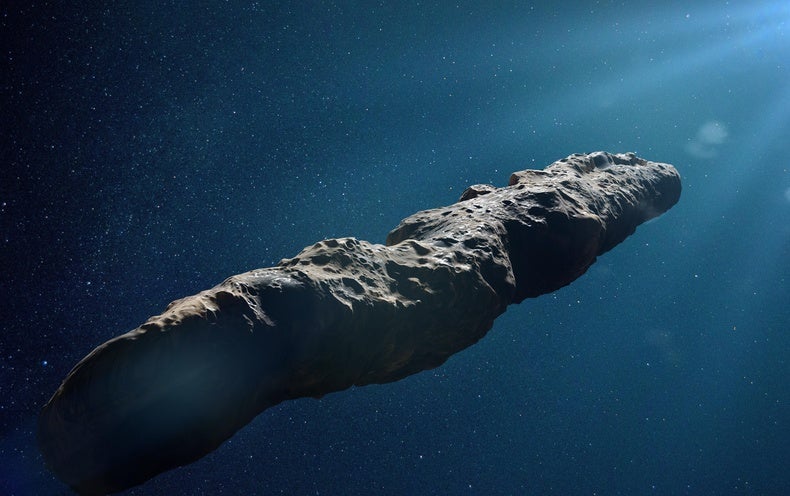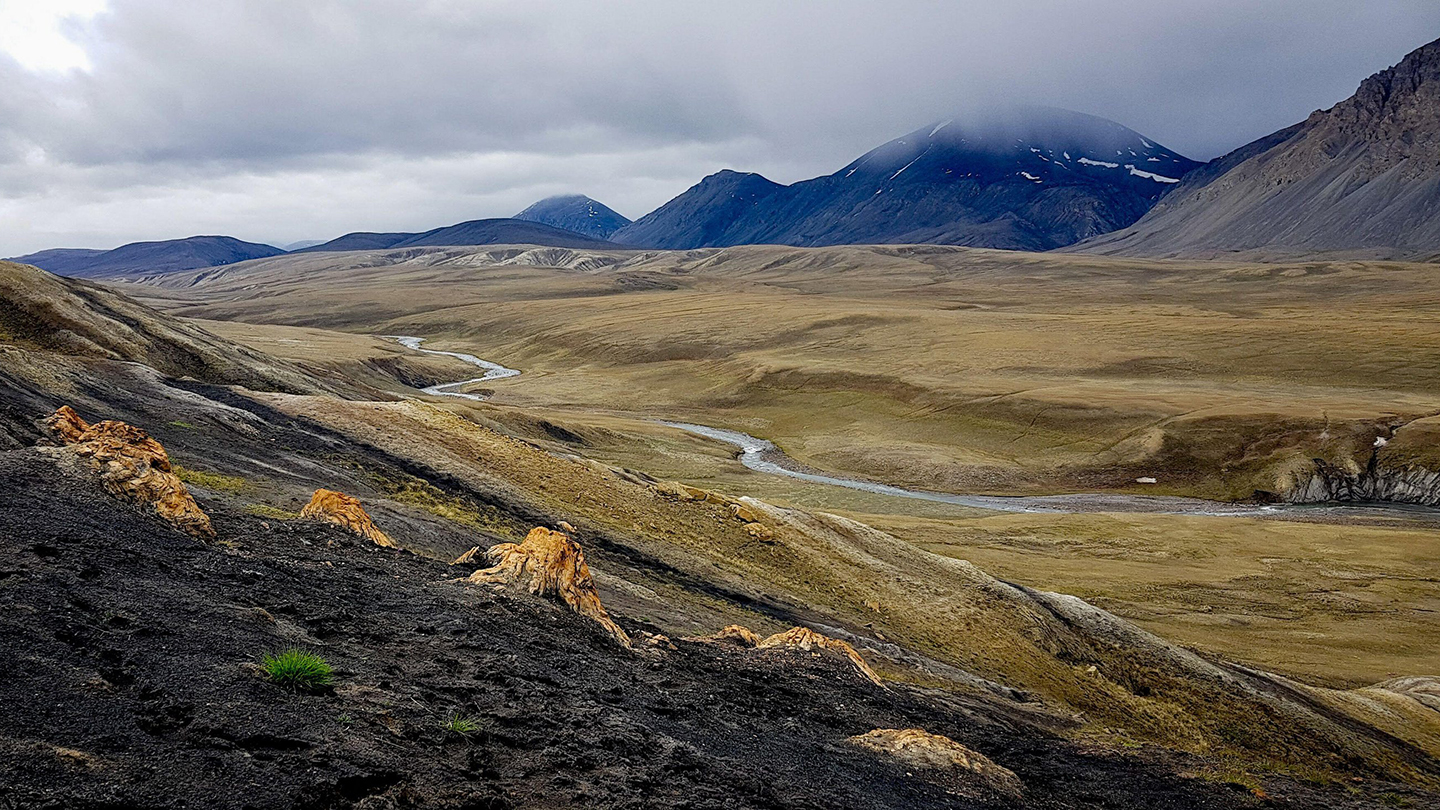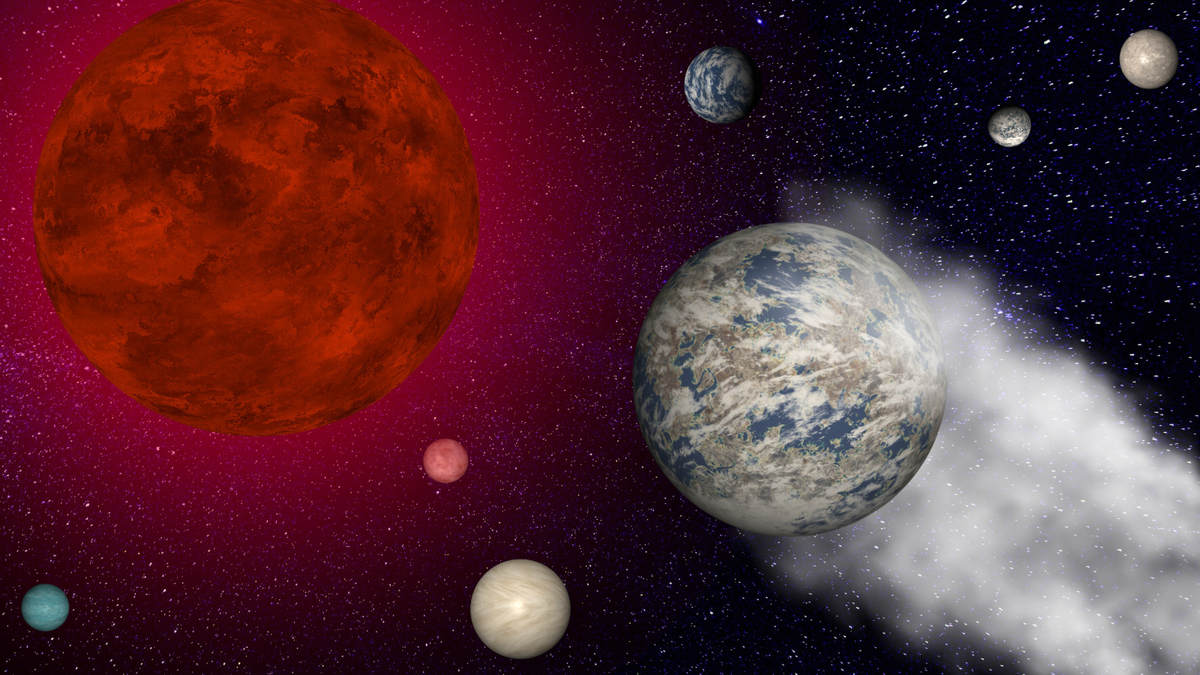A 2022 attempt at creating a sweeping family tree for the human race, and at least three others, reached back 2 million years, long before Homo sapiens are believed to have originated in Africa 200,000 years ago.
The study from Oxford’s Big Data Institute drew on 3,601 human genomes taken from several modern databases, eight ancient individuals and 3,589 more ancient samples derived from 100 other studies. Using specialized algorithms, the researchers fleshed out the tree further, adding limbs until it reached about 27 million ancestors.
A Human Family Tree
The result was sprawling and inexact, but as the researchers say in a press release, it’s a first tree with more to come. “As the quality of genome sequences from modern and ancient DNA samples improves,” says Yan Wong, an evolutionary geneticist at the Big Data Institute, “the trees will become even more accurate, and we will eventually be able to generate a single, unified map that explains the descent of all the human genetic variation we see today.”
According to the first tree, early humans originated in Sudan some 2 million years ago and didn’t shift to the Middle East and Central Asia until around 280,000 years ago. Then at around 140,000 years ago, a concentration formed in Papua New Guinea in Oceania.
Researchers found that modern-day Oceania (the region east of Southeast Asia) contains the most leftover genes from the ancient Denisovan people, an early human group that walked the soils of Asia and Oceania long before Homo sapiens. The Papua New Guinea area also bears significant signs of Neanderthal DNA, along with much of Asia and Siberia.
The study also concludes that early humans had settled in Central and South America about 56,000 years ago, far earlier than previous estimates, a possible artifact caused by later descendants who lived in the area. A 2016 study estimated that humans had first traveled from the Alaska area to the present-day Pacific Northwest about 16,000 years ago.
Our Predecessors: Human Evolution Tree
Some 700,000 years ago, the ape-like Homo erectus, migrated out of Africa and split (after 100,000 years) into the Neanderthals and Denisovans, scientists believe. For debated reasons, the Neanderthals evolved to the west of the Himalayan Mountains, roughly speaking, and the Denisovans to the east. On occasion, Neanderthals mated with Denisovans, and both species later mated with Homo sapiens when we migrated out of Africa.
Neanderthals had short, stocky bodies with long arms, jutting brows and large noses. The elusive Denisovans, which left behind a scant archaeological record, had flatter faces and, like the Neanderthals, rugged frames. Homo erectus probably resembled a cartoon caveman with an elongated skull and prominent brow ridge, which may or may not have served a specific purpose.
Scientists included three Neanderthal genomes in the tree and one Denisovan, which previous researchers had found to contain slightly more ape-like genes than modern-day humans.
The tree model pioneered by the Big Data study could apply to more than just humans, according to Anthony Wilder Wohns, a researcher at the Big Data Institute and lead author of the tree study. “The method is valid for most living things, from orangutans to bacteria.”














